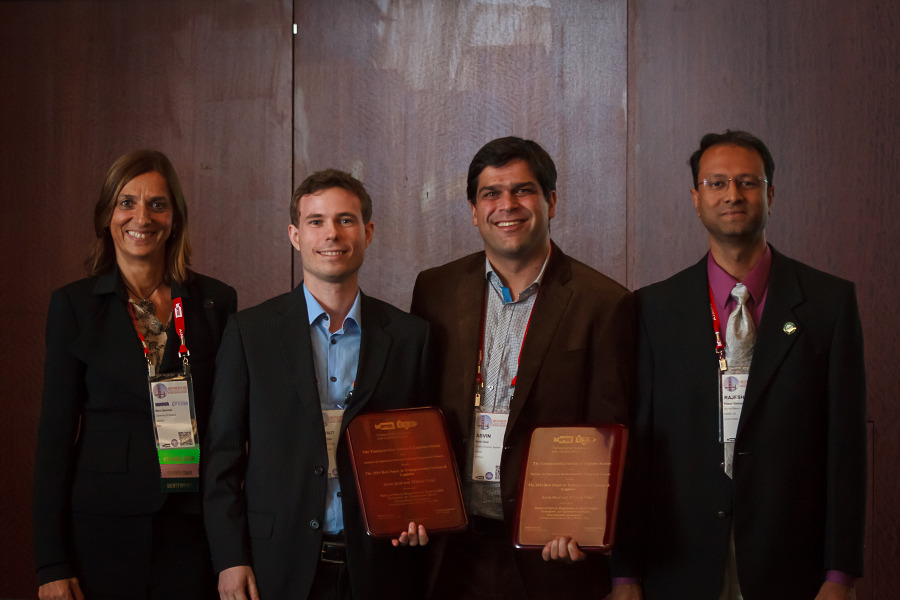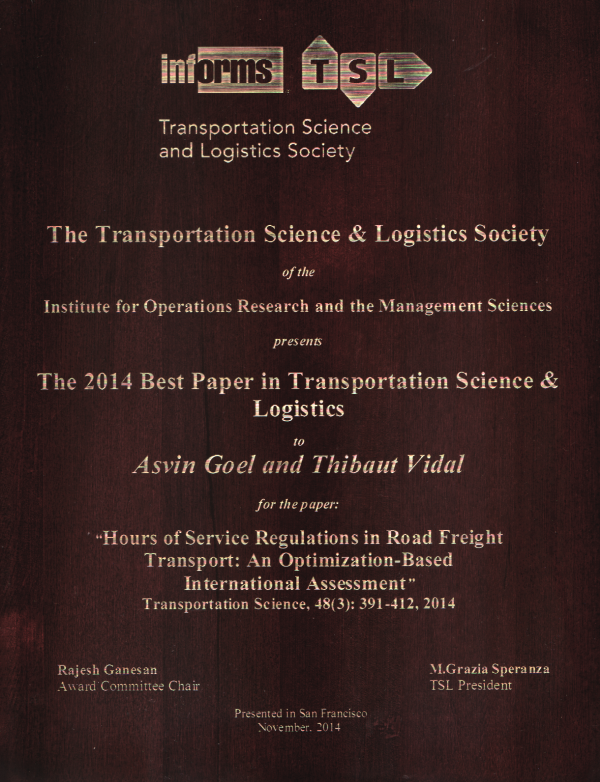More than 30 years ago the French president Valéry Giscard d’Estaing asked Simon Nora to conduct a survey on the impact of computers and new telecommunication technologies:
Dear Mr. Nora:
The applications of the computer have developed to such an extent that the economic and social organisation of our society and our way of life may well be transformed as a result. Our society should therefore be in a position both to foster this development and to control it so that it can be made to serve the cause of democracy and human growth.
In their report to the president Simon Nora, together with Alain Minc, coined the term télématique as a merger of the words télécommunication and informatique. Much of what is written in the report is equally valid today.
Each technological revolution in the past has brought about far-reaching economic and social reorganization. A technological revolution may simultaneously create a crisis and the means of overcoming it, as was the case with the coming of the steam engine, the railroads, and electricity.
The “computer revolution” will have wider consequences. The computer is not the only technological innovation of recent years, but it does constitute a common factor that speeds the development of all the others. Above all, insofar as it is responsible for an upheaval in the processing and storage of data, it will alter the entire nervous system of social organization.
Despite several decades of development, it appears that the “computerization of society” is still in its infancy and telematics may have an even larger power to transform the economic and social organisation of our society in the future. Today, mobile devices and social media are intruding our private lives and can even contribute to the fall of totalitarian systems as was the case in the Arab Spring.
The report (and the French original) are still worth reading today. When mentally replacing IBM with Microsoft and AT&T with Google, the book is actually not as outdated as one might assume for a report written in the seventies.


